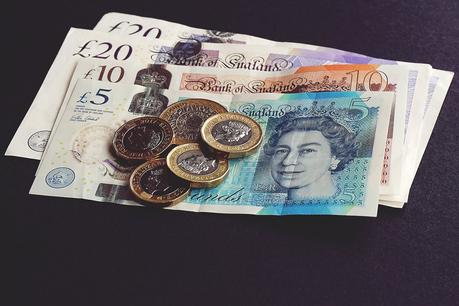
Whether you're or are thinking of moving, trying to figure out the different taxes that you must pay is quite a minefield. Tax contributions are required by law, and its essential you can understand what and why you are giving up a portion of your income to a source you cannot really identify or associate with. If you want to learn more and eventually get your head around the various taxes in the UK, then read on to determine the basics.

Income Tax & National Insurance
When you are employed, you will likely pay two different taxes from what you earn - income tax and national insurance. Income tax is essentially a percentage, based on your yearly salary, that is taken from your money before you receive your payment. If you earn less than £11,850 you will not have to pay any income tax on your earnings, but any more than this qualifies you to pay a basic rate of 20%. National insurance exists as a way for you to contribute to state benefits, such as the National Health Service (NHS) and some pensions. If you earn more than £166, you are required by law to pay national insurance.
Value Added Tax & Fuel Duty
VAT (or Value Added Tax) is a kind of consumption tax that is added onto the price of near enough all goods and services, besides some small sectors such as children's clothing. In the UK, VAT is set at 20% , and there's usually a breakdown of what tax you paid at the end of the receipt given to you by the cashier. Fuel duty is a type of tax relating to diesel, petrol, and anything else that might be used to power your vehicle. It currently stands at 57.95 pence per litre for the fuels previously mentioned.
Where Does Your Money Go?
When you pay tax, it goes to the government. The government decides upon how much they spend and where, but money usually gets invested into the following: benefits, pensions, education, public protection (ie police), the government themselves, the NHS, transport, housing, waste, culture and overseas aid. As well as this, the royal family cost the UK tax payer a considerable amount of money each year, though they do generate some income to cover this amount. The amount that you give to each of these different sectors will depend upon how much you earn each year, as generally the more you earn the more you are required to contribute.
With a bit of luck, this guide can help you to get your head around the different taxes in the UK. From taxes on your earnings, including income tax and national insurance, to those placed on goods and services you buy, like value added tax (VAT) and fuel duty. These taxes exist to provide you with various state services and fund the wages of several high key individuals who are in effect employed by the people. Don't forget - paying tax is a legal requirement!

